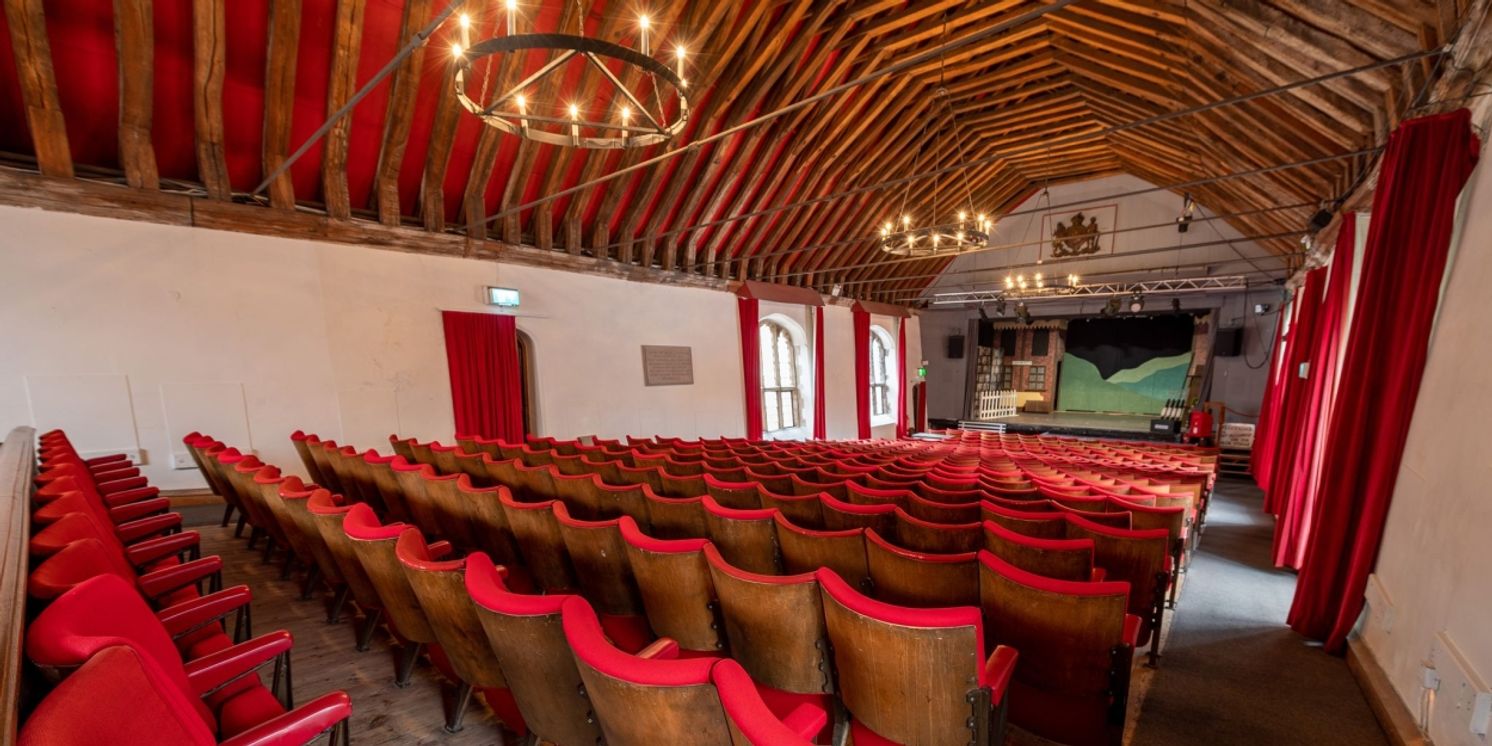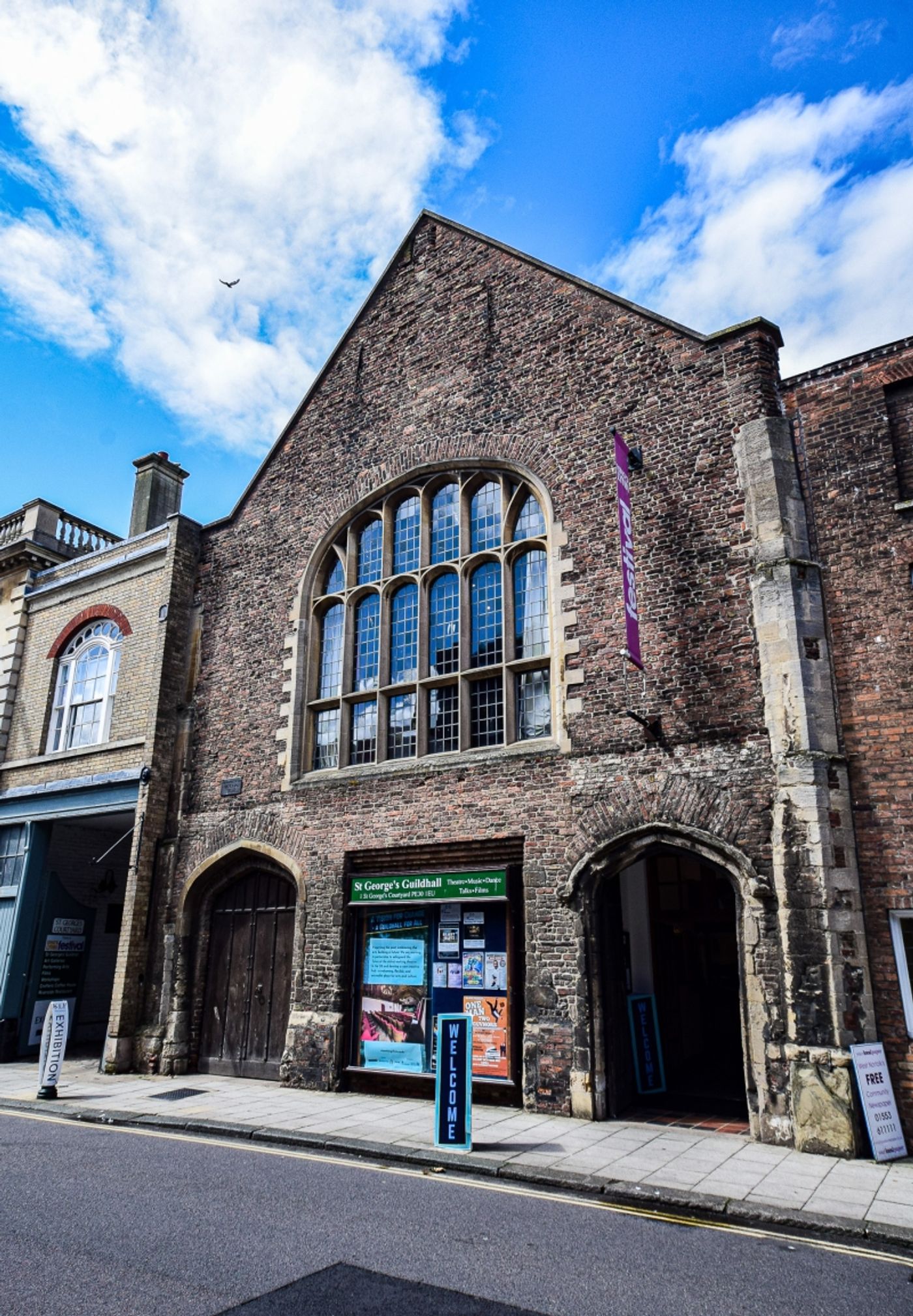Stage Discovered Upon Which Shakespeare May Have Acted
St George's Guildhall in King's Lynn believes it hosted Shakespeare in 1592 or 1593

A theatre in Norfolk believes it has discovered the only surviving stage on which William Shakespeare performed, according to the BBC.
St George's Guildhall in King's Lynn is the oldest Working Theatre in the UK, dating back to 1445. Recent academic research supports the local tradition that Shakespeare himself played at the venue with the Earl of Pembroke’s Men in 1593, when London theatres were closed by plague.

During recent renovations, timber floorboards were found under the existing auditorium, and they have been dated back to the 15th Century. Below the modern floor are what are believed to be boards trodden by the Bard.
"We have the borough account book from 1592-93, which records that the borough paid Shakespeare's company to come and play in the venue," explains Tim FitzHigham, the Guildhall's creative director.
Dr Jonathan Clark, an expert in historical buildings, was brought on board to research the venue. Dr Clark used a combination of tree-ring dating and a survey of how the building was assembled ("really unusual as the boards locked together and were then pegged through to some massive bridging beams") to date the floor to between 1417 and 1430, when the Guildhall was originally built.
"We know that these [floorboards] were definitely here in 1592, and in 1592 we think Shakespeare is performing in King's Lynn, so this is likely to be the surface that Shakespeare was walking on," he says.
Tiffany Stern, professor of Shakespeare and early modern drama at the University of Birmingham, told the BBC: "The evidence he was there has to be patched together but is quite strong."
It was "very likely" that he was a member of the Earl of Pembroke's Men because they performed his plays Henry VI and Titus Andronicus, and they visited King's Lynn in 1593, she says.
Photo Credits: © Borough Council of King's Lynn and West Norfolk
Videos
